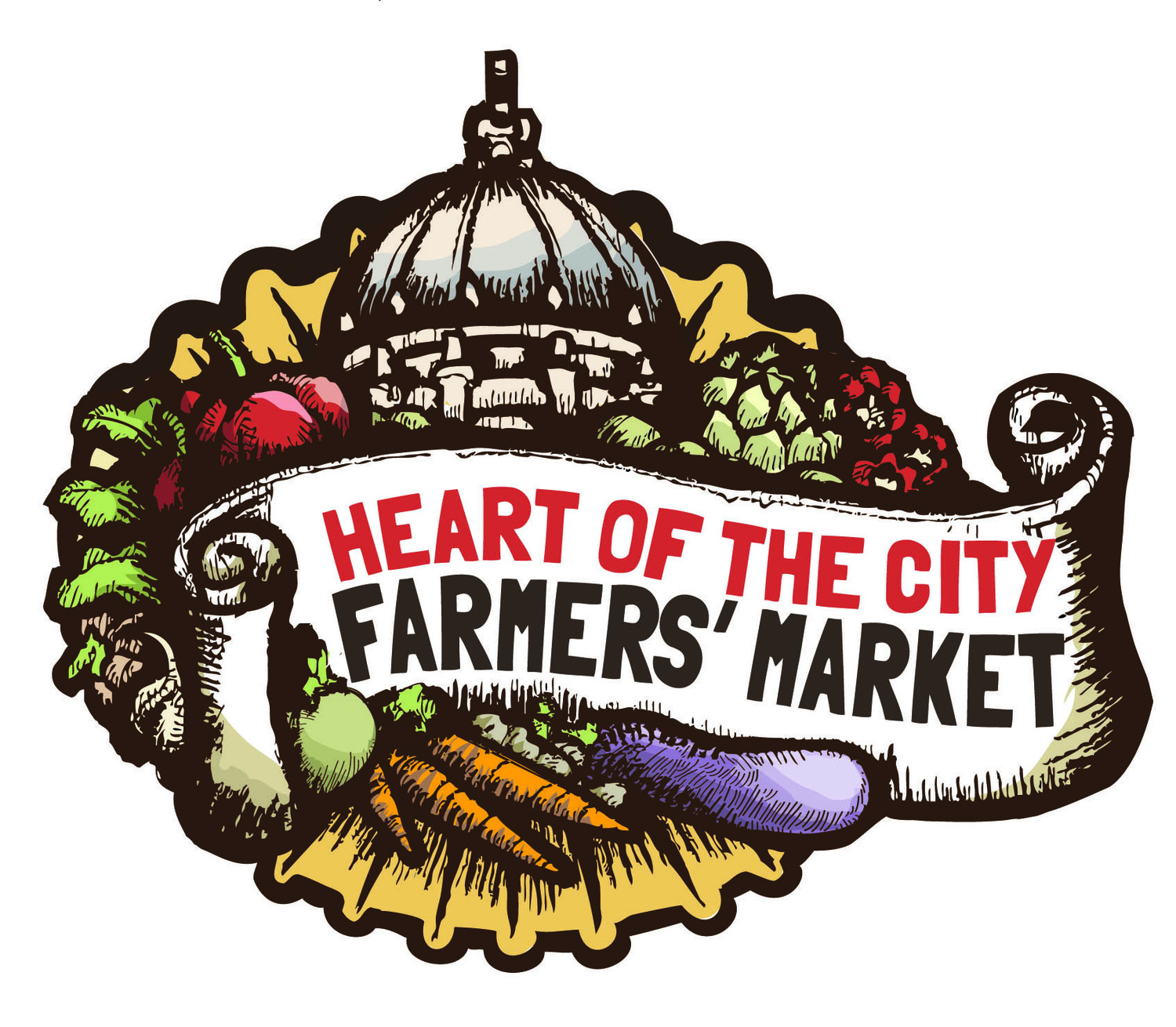SAN FRANCISCO CHRONICLE
By Melody Gutierrez
SACRAMENTO — California hopes to expand a nutrition program for the poor that puts more Brussels sprouts, chard and other vegetables and fruits on the tables of food-stamp recipients by awarding them with extra dollars when they buy fresh produce.
The state set aside $5 million in the current budget to tap into a federal matching program that rewards the poor with extra money for fruits and vegetables. In turn, the program helps farmers increase their profits.
“There are people who don’t have access to fresh foods,” said Assemblyman Phil Ting, D-San Francisco, who authored a bill last year to set up a state program to solicit the federal matching funds. “This is just one way to leverage their dollars and buying power. Processed foods are often cheaper, but this is a way to make their dollars go further so they don’t have to make those tough choices.”
The California Department of Agriculture is applying to the U.S. Department of Agriculture for the matching federal dollars. The state expects to hear in March or April whether it will receive the federal matching grant.
Several California nonprofits obtain their own federal and private grants to offer the program through certified farmers’ markets. In the Bay Area, the Berkeley-based nonprofit Ecology Center collects donations and grants and has received matching federal grants to run its program. This year, the Ecology Center’s incentives program, which they call Market Match, is part of the state’s application for federal matching money.
The Market Match program works like this: People on public assistance can go to participating farmers’ markets, where they tell market staff how much they would like to use at the market from their electronic food stamps card. Customers are then given $1 tokens for that amount along with up to $10 in additional Market Match tokens that can be used to buy fruits and vegetables.
Ajua, a Berkeley resident who declined to give her last name, said the program has allowed her to put far more fruits and vegetables on the table she shares with her 13-year-old son. On Tuesday, she picked up persimmons, clementines, collard greens, lettuce and leeks. Ajua goes to three farmers’ markets in Berkeley every week, where she is able to receive up to $10 at each for every $10 she uses on her EBT card. That’s $120 a month in matching money, a substantial amount, she said, considering food stamps provide $350 a month.
Carle Brinkman, the Market Match program manager at the Ecology Center, said the program allows low-income people to afford healthy foods that typically cost more. Ecology Center works with farmers’ markets and organizations statewide to administer the Market Match program.
“This time of year, we hear stories about customers saving their benefits to use them at the market in order to prepare a nice meal during Thanksgiving or Christmas,” Brinkman said. “Market Match is really doing double duty by supporting low-income families and allowing them to make healthy food choices and supporting small and mid-sized farmers that sell at these markets.”
The food-stamp match program began in 2007 and is operating in dozens of states. In California, there are 220 farmers’ markets that offer Market Match and 40 additional sites like farm stands and mobile farmers’ markets that offer the program.
Brinkman said the program is growing and that she hopes to reach more rural communities in the future. She said in the Bay Area, the program is helping many people bridge the gap between the high cost of housing and paying for basic needs like food.
“If people have a little more to spend on groceries, they can put the income they do have toward housing, child care and other expenses,” she said. “We always hear stories about how this makes such a difference for people.”
Kate Creps hears those stories, too. The executive director of the Heart of the City Farmers’ Market in the Tenderloin district began offering Market Match in June 2015. In its first year, they gave out $265,000 in matching incentive money to people using their food stamps at the market.
She said given the area’s dense population of poverty and the city’s high cost of living, there is more interest than there is money for the program. Creps said they only have enough grant money to match $5 of what people spend using their food stamps at each market.
“It’s impossible to try to live in the city right now,” she said. “There are so many people scared about the future and so many people trying to pay rent and get fresh food. That’s even harder in the Tenderloin because there is no full-service grocery store. We are hearing constantly that people couldn’t afford produce in the city without this program and we are seeing an unprecedented amount of people shopping with an EBT card.”
The Heart of the City Farmers’ Market is part of the Ecology Center’s California Market Match Program. Creps said Heart of the City’s Market Match grant allows it to double whatever private donations it receives, so that if someone donates $500, the farmers’ market can give out $1,000 in Market Match money. A $20,000 donation would allow the market to give its low-income shoppers $10 in matching money instead of $5 for a month, which would be a major gift this holiday season.
“We see the added Christmas rush,” she said. “People are buying for holiday gatherings. We are excited that they include so much produce in their meals.”
Melody Gutierrez is a San Francisco Chronicle staff writer. Email: mgutierrez@sfchronicle.com Twitter: @MelodyGutierrez


